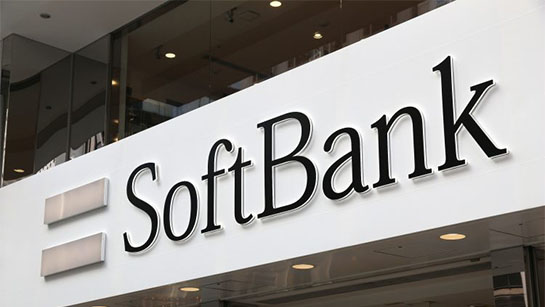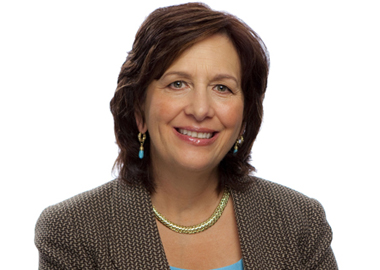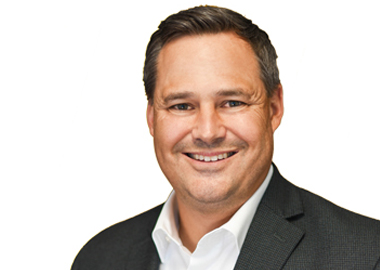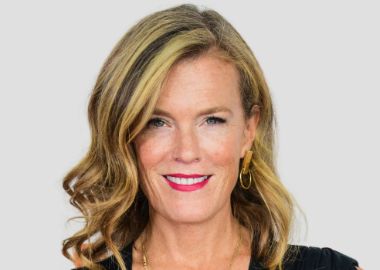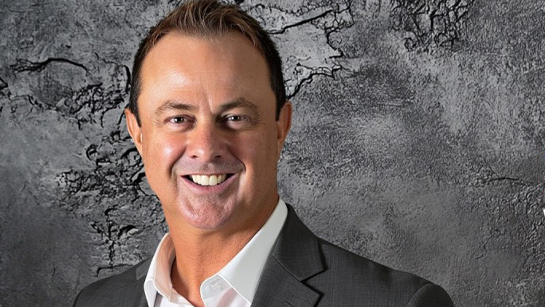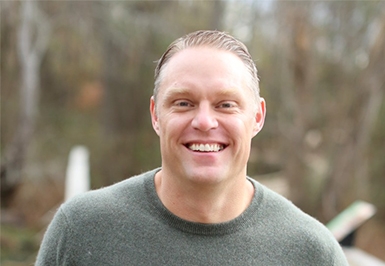Enterprise Spotlights
Subscribe to our Newsletter
Latest Magazines




Interview with Industry Tech Outlook
On Cover
Women's Era
Press Release
.jpg)
Boom Collaboration Seal Nordic Video Conferencing Deal With Intersonic
Austin, TX, (May 27, 2025). Intersonic AB and Intersonic Oy has become an official...

Atos develops Space Situational Awareness Center for the German Armed Forces
Atos and the European multi-national space technology company OHB have been awarded a contract by the...
Conference
Testimonials
This is what industry leaders say about the magazine:
Excellence is associated with setting and maintaining high standards. It involves consistently striving for quality and refusing to settle for average. Achieving excellence is not a one-time event but a sustained effort over time. With this ideology, CIOLook India began its journey as a media publication. Throughout the years, it earned the trust of the icons of excellence, creating a legacy and a reputation as a trusted business magazine in ASIA.
Trusted By








.png)




























































































































































































.png)
.png)
.png)



















.jpg)





.jpg)













.jpg)

.jpg)




















.jpg)











.jpg)


.jpg)
.jpg)



.jpg)
.jpg)
















logo.jpg)






























.jpg)





.jpg)

.jpg)










